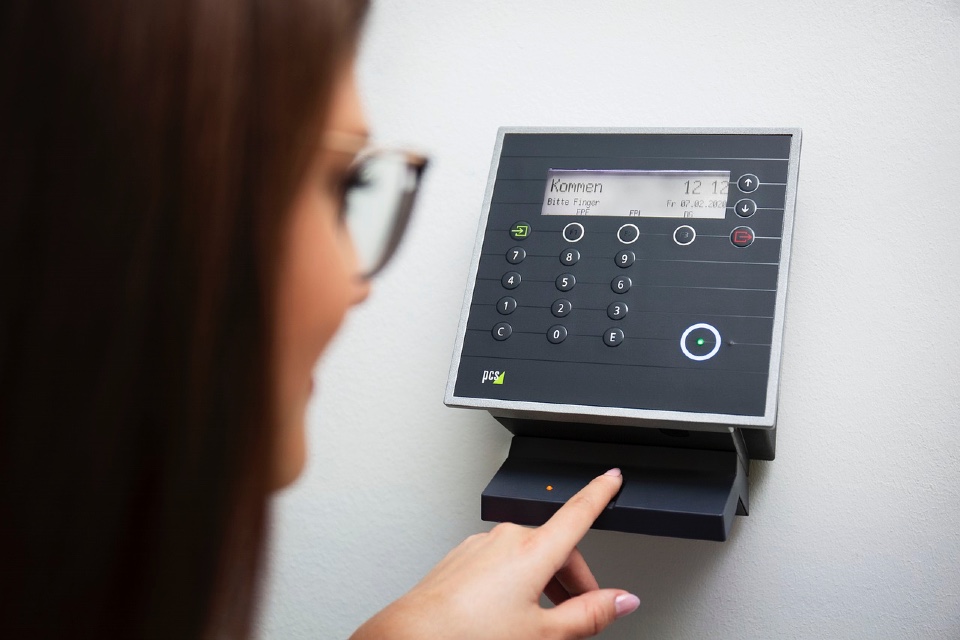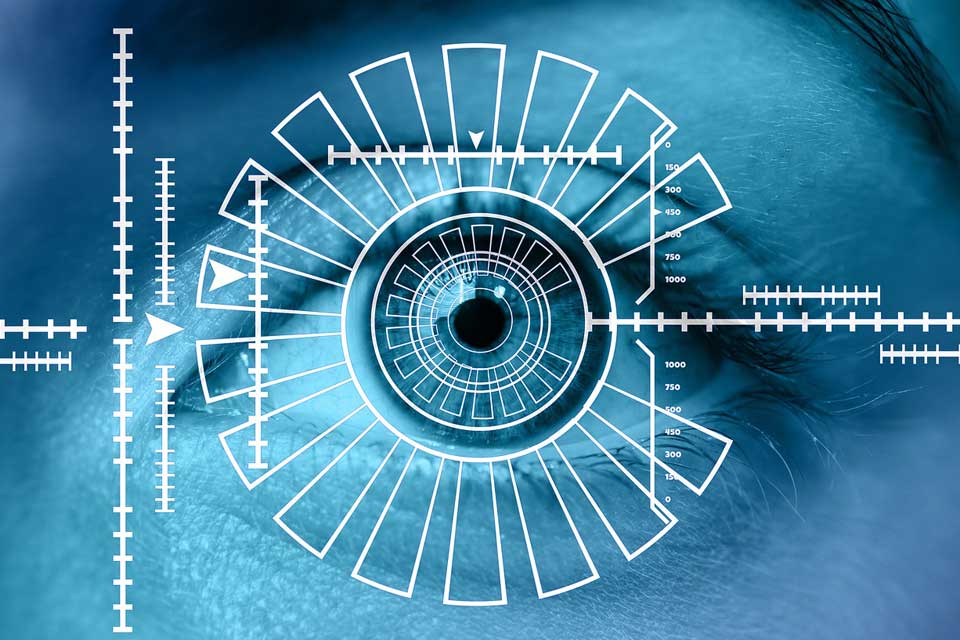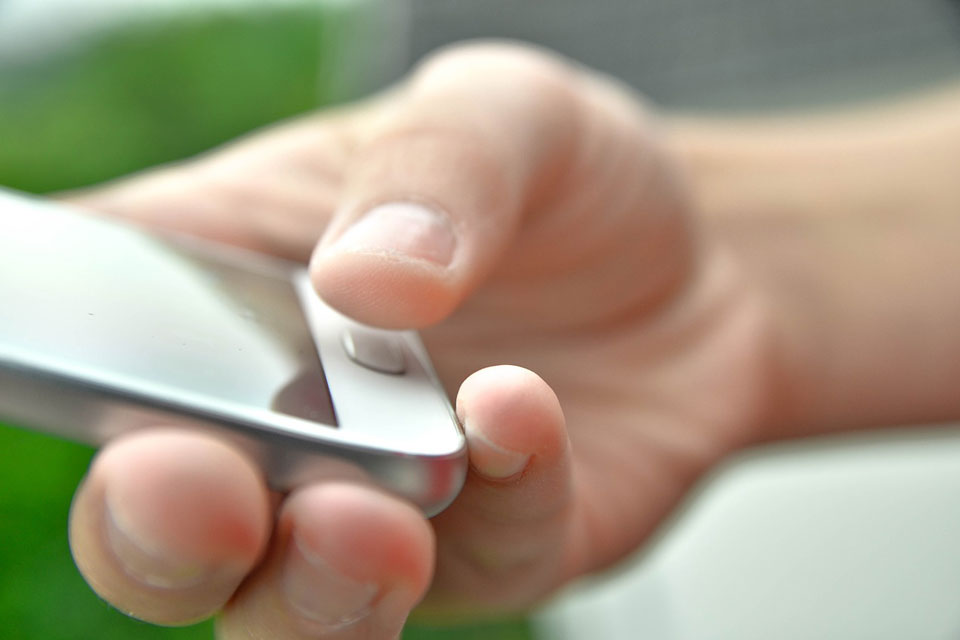Enhancing physical security at your business with biometric solutions

In the quest for a secure yet user-friendly access control system, businesses are increasingly turning to biometrics. These solutions utilise unique physical or behavioural attributes — such as fingerprints, facial features, or voice patterns — for identification and access control. Here’s why implementing them can improve your business’s security landscape… Enhanced Security: Biometric characteristics are […]
Biometric hardware shipments on course to recover to pre-COVID levels

Total worldwide biometric device shipments fell from 4.1 million in 2019 to 3.4 million in 2021 and recovered slightly to 3.6 million in 2022, with global trends impacting usage in banking, financial services and insurance (BFSI) sectors. According to a new report by technology intelligence firm ABI Research, geopolitical and macroeconomic events, including the conflict […]
Do you specialise in Biometrics? We want to hear from you!

Each month on Security Briefing we’re shining the spotlight on a different part of the security market – and in August we’ll be focussing on Biometrics. It’s all part of our ‘Recommended’ editorial feature, designed to help security buyers find the best products and services available today. So, if you’re a supplier of Biometrics solutions and would […]
Do you specialise in biometric Security? We want to hear from you!

Each month on Security Briefing we’re shining the spotlight on a different part of the security market – and in August we’ll be focussing on Biometric solutions. It’s all part of our ‘Recommended’ editorial feature, designed to help security buyers find the best products and services available today. So, if you’re a supplier of Biometric solutions […]
Do you specialise in Biometric Security? We want to hear from you!

Each month on Security Briefing we’re shining the spotlight on a different part of the security market – and in August we’ll be focussing on Biometric Security. It’s all part of our ‘Recommended’ editorial feature, designed to help security buyers find the best products and services available today. So, if you’re a supplier of Biometric Security […]
Fujitsu expands PalmSecure biometric security offering

Fujitsu has revealed a new, extended range of PalmSecure-based biometric security solutions that it claims ‘consigns passwords to history’. Available immediately to customers in Europe, the Middle East, India and Africa, the expanded Fujitsu PalmSecure offering comprises four main elements: Fujitsu Biometric Authentication PalmSecure ID Engine; ID GateKeeper; ID LifePass; and ID Login V2 for access to client […]
Consumers wary of biometric security systems

Over half of consumers (56 per cent) are worried that the shift to biometrics to authenticate online payments will dramatically increase the amount of identity fraud. The research from Paysafe also revealed that 81 percent of consumers still favour passwords for making payments online due to concerns about the security of new biometric options. The […]
Hertz using biometrics for car rental pickups

Car rental giant Hertz has launched Fast Lane powered by Clear – a new service that uses biometrics that it claims can get customers through the exit gate and on the road in 30 seconds or less, representing a time saving of at least 75 percent. Hertz Gold Plus Rewards loyalty members in the US […]

